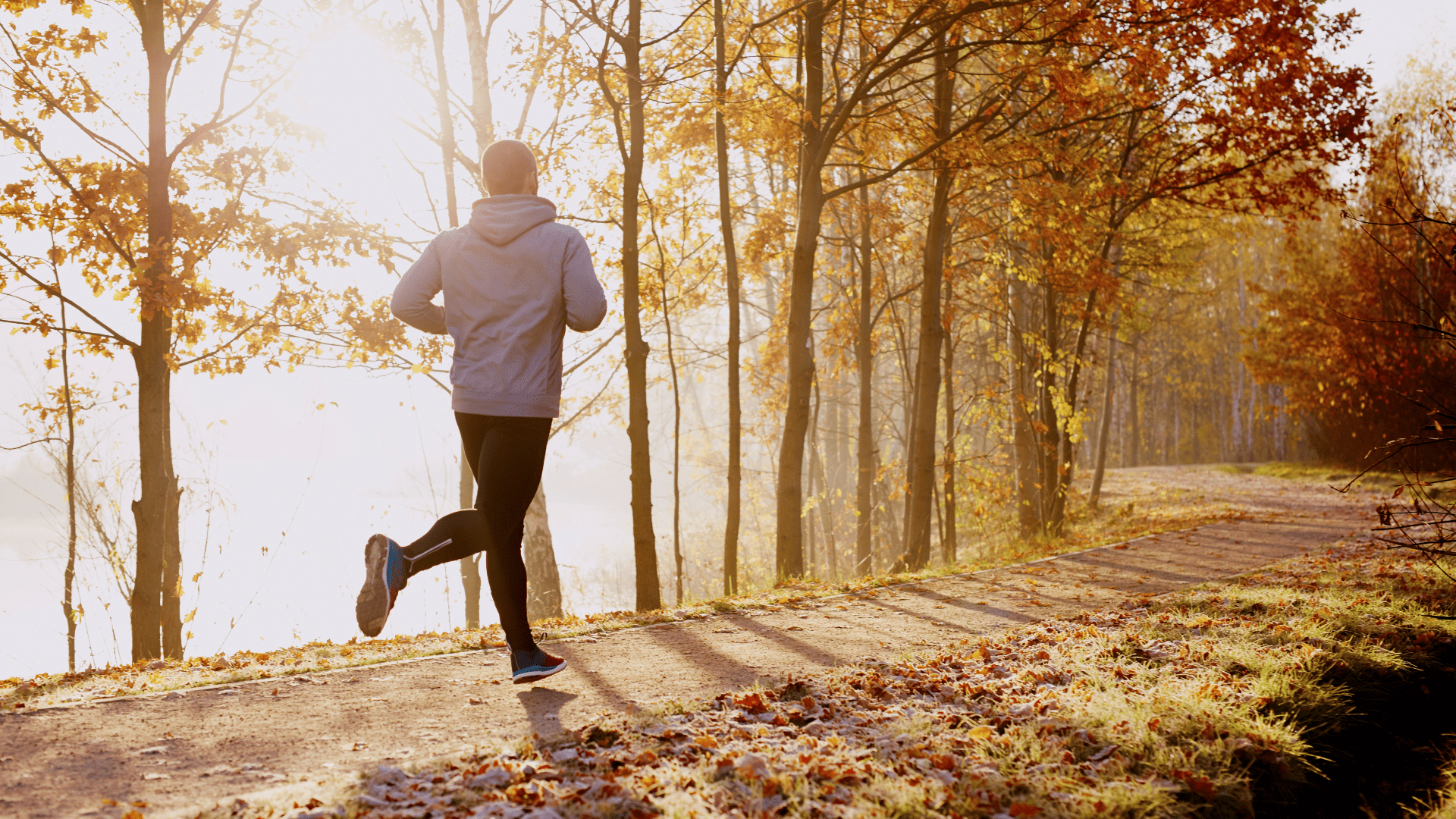The start of the fall sports season is just around the corner; you might already be able to imagine the roar of the crowd and the feeling of glory when crossing the finish line. But having a great season requires a little prep work. Being properly set up for this fall sports season makes a difference in your enjoyment of it as well as overall health and safety, so we put together nine tips for fall sports preparation.
1. Start Taking Steps for Injury Prevention
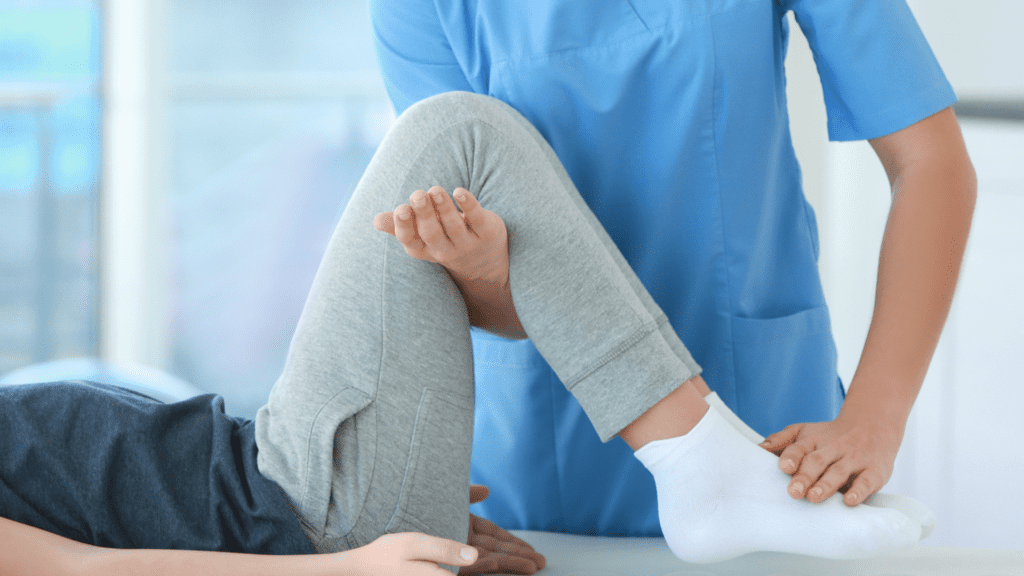
Injuries throw a wrench in what could have been a great sports season. They can throw off young athletes' progress and affect their entire athletic futures. Worse, they can affect the rest of their life and become larger issues later. At NorthEast Spine and Sports Medicine, we offer various treatments for sports injuries, but it’s always better to prevent than to treat.
One of the most important injury prevention practices is to protect against recurring injury. This may be achieved with physical therapy, chiropractic care and other treatments. It’s vital that athletes follow the advice of their caregivers to help prevent injuries and ensure the healing of previous injuries. However, if your feet get injured, make sure to have them checked by a podiatrist to get the proper treatment.
Preventing injuries from ever happening isn’t always possible. The chaotic and highly competitive world of sports may lead to an injury entirely out of an athlete's control. However, there are lots of preventive measures you can take that decrease the likelihood of an injury. Following the advice of coaches, trainers and medical professionals, getting a checkup and doing your own research into injury prevention are all ways you can improve your chances of steering clear of the bench.
2. Start Eating Right

“You get out what you put in.” Athletes have probably heard this bit of advice enough times to make them wish they were running laps instead of reading it yet again. But it's repeated often because it’s true, especially when it comes to nutrition. If you want to play your best this season, it’s important that you eat the right food and hydrate properly. And it’s best to get that habit started before life starts to get hectic this fall semester.
Eating correctly may help boost your immune system, give you more energy and focus and help prevent injuries. The best way to ensure a healthy diet is to consult with a dietician. And as an athlete, it’s also a good idea to start educating yourself on nutrition.
3. Adjust Your Sleep Cycle

Sleep is extremely important for athletes. It plays a big part in healing, energy levels and the mental focus you need for maximum performance. Starting to follow the sleep schedule you keep during the fall sports season a few weeks in advance may help you adjust your sleep cycle before practices start. Getting used to that sleep pattern early may help you get better sleep during the season.
4. Start Strength and Conditioning Training
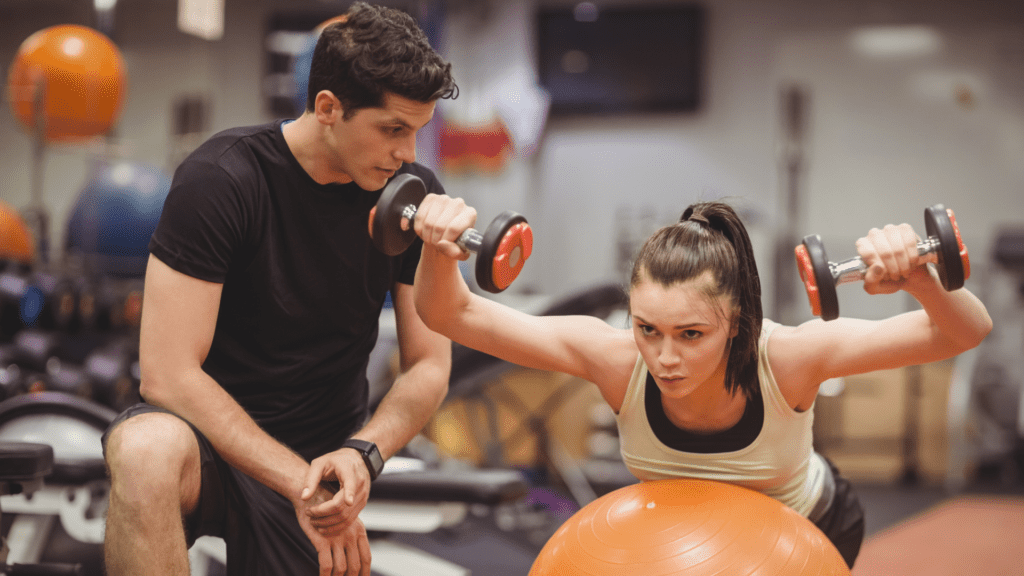
Physicality is a huge part of most sports, so getting faster, stronger and increasing endurance are goals for most athletes. Proper strength and conditioning help to improve your physical performance and may also help with injury prevention. But that’s only if you do it right. Consult your podiatrist about proper conditioning of your feet especially if you've had foot injuries before. Improper strength and conditioning training could have the opposite effect and create injuries. That’s why it’s important to train with a qualified physical trainer who can ensure you have the proper form and aren’t over training.
Many schools have strength and conditioning programs with qualified trainers and coaches, which are much safer than training alone. You could also try cross-training with other sports, such as cross country running, to become a more well-rounded athlete.
5. Study Up on Your Game

Athletes might see sports as a way to get away from studying, but to stay competitive, you have to know as much as you can about your game. Luckily, this kind of studying can be fun. The first way to study sports is something you probably already do: watch games. Seeing other people's strategies and approach to the sport can give you ideas to apply to your own games.
It’s also beneficial to watch your own games if they're filmed. Taking note of what you did well and what you need to work on gives you a clear path on how to become a better player.
Studying form is also important as an athlete. Form, whether you’re running or pitching a fastball, maximizes your energy and keeps you from straining and causing injuries. You can find detailed descriptions of correct form online from medical sources, but the best way to learn it is to have someone qualified, such as a trainer or coach, work with you to improve.
6. Practice Positive Visualization Techniques

A lot of sports are about attitude and mindset. And a lot of people believe you can change your mindset with positive visualization. To do it, you basically just imagine yourself achieving your goals over and over until you feel like nothing can stop you.
Starting with positive thinking early can help you develop a good mindset and attitude going into the fall season. It’s a good idea to focus on visualizing positive outcomes in all aspects of the sports experience, including making friends and being a good leader. Don’t just imagine yourself winning a ton of trophies.
7. Make Sure You Have the Current Gear and Safety Equipment
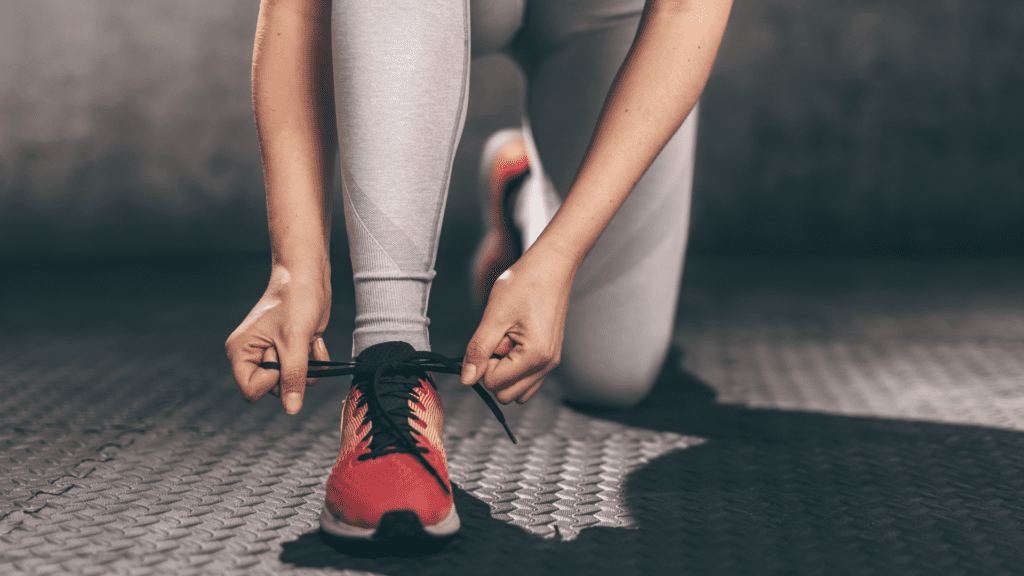
Proper equipment can go a long way toward preventing injuries, and having the latest technology can give you even better protection. It’s also a good idea to replace any heavily worn equipment because it’s probably not doing its job anymore.
One important piece of sports gear is shoes or cleats. How your foot strikes the ground and how that force is—or isn’t—absorbed has a large effect on both your performance and on injuries. Not replacing worn out shoes can fatigue your feet and may even put you at a higher risk of knee and hip injuries.
8. Try Massage or Acupuncture Therapy
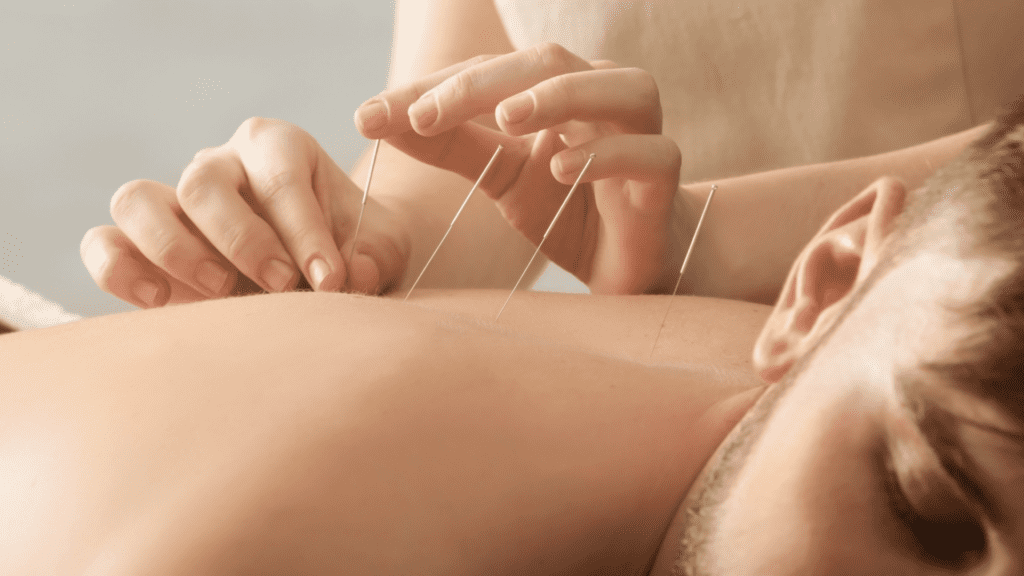
Massage and acupuncture therapy may have many mental and physical benefits for athletes. Sports are physically demanding and stressful, which might cause tension in some of your muscles. A massage may help loosen you up and alleviate some of that mental and physical stress. It may also be beneficial for recovery after heavy training.
Acupuncture is a traditional treatment where needles are placed at specific pressure points on the body. Don’t worry; it doesn’t hurt and most people feel nothing or only a slight tingle. This treatment may help with pain or soreness.
Giving these therapies a shot may help you feel fresh and ready for the fall season. And if you like them, you can use them again throughout the season.
9. Consider Seeing a Chiropractor

Chiropractic care may help ease pain and decrease the likelihood of certain injuries. Getting checked out by a chiropractor before the season starts is a good idea because they may catch something that would have turned into an injury later.
Connect With NorthEast Spine and Sports Medicine
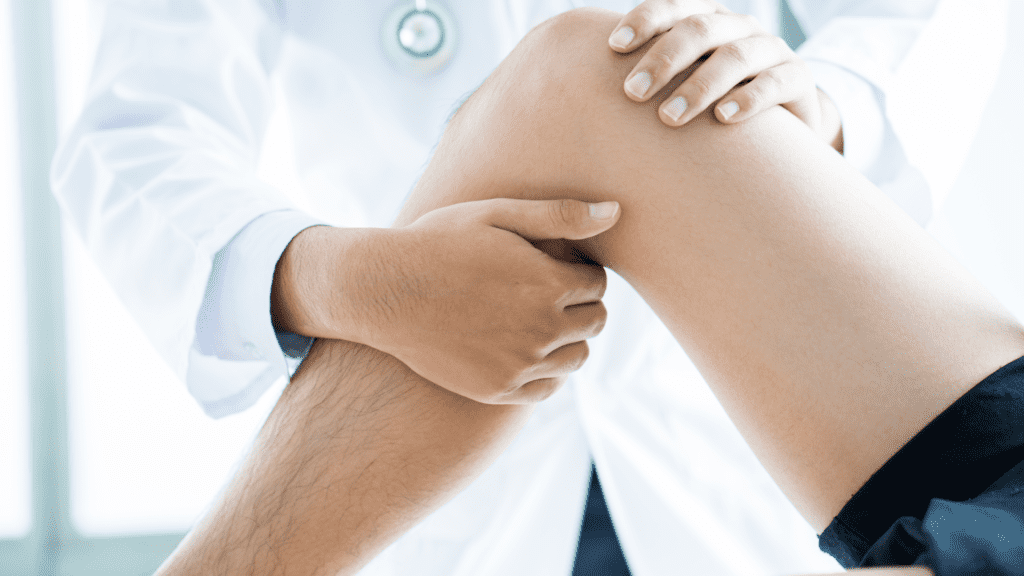
NorthEast Spine and Sports Medicine can help you prepare for this sports season, address health concerns and previous injuries and offer various treatments. Connect with us to learn more about our therapies and services. Our experienced team can help create a plan for boosting your health this fall season that considers your goals and needs.
